

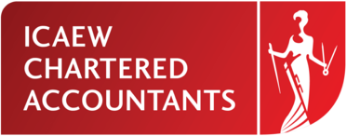
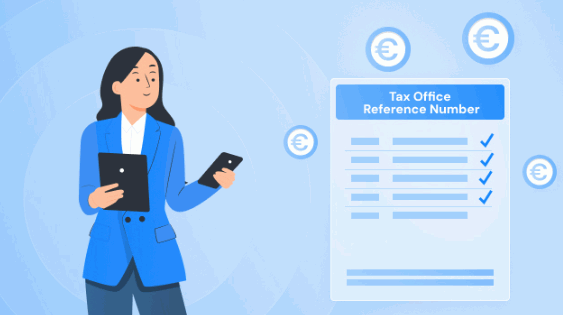
The UK tax system has a reputation for being complicated. Whether this is deserving or not, there are indeed several tax reference numbers that you may need to get your head around. This is the case whether you own a company, are a sole trader, or even if you are an employee.
There isn't one single tax reference number that will cover everything you need, so the answer to "What is a tax reference number?" can get a little complicated. Read on for our comprehensive guide on all of the different tax reference numbers you might come across and what they are used for.
If you need help navigating your tax affairs, Prescient Accounting can help. We offer a range of professional accounting services for individuals and businesses alike.
Whether you are a sole trader or you own a company with employees, we can help you to compile and submit your tax records, and ensure that you are receiving all of the tax deductions and benefits that you are entitled to.
A Unique Taxpayer Reference number, often called a UTR number, is given by HMRC to anyone who:
You will receive your Unique Taxpayer Reference (UTR) number 10 days after registering your business on the HMRC website or via Companies House.
Your Unique Taxpayer Reference number is used by HMRC whenever they are dealing with anything to do with your tax.
It is a 10-digit number and you will find it:
If you are a sole trader, you will need your Unique Tax Reference number whenever you fill out your Self Assessment tax return online. Your UTR number will stay with you for life, just like your National Insurance number.
For limited companies, HMRC assigns a UTR number when the company is founded and this number is used to identify the company for all tax-related matters.
You may also need a UTR number if you owe tax on savings interest, dividends, or capital gains. Or if you have a total taxable income of more than £100,000.
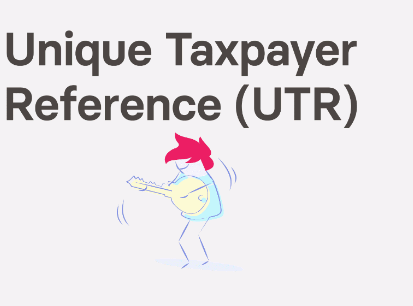
Some companies will need to register for Value Added Tax (VAT). This is a consumption tax that is added to most goods and services. If your business sells goods and services that are VAT eligible (i.e. not exempt), then you will need to register for VAT if:
Your VAT Registration number will be 9 digits long, with the prefix GB. You will find it in any correspondence you have from HMRC about VAT.
You will need to include your VAT Registration number on all invoices that you give your customers. And any invoices you receive from VAT-registered businesses must have their VAT Registration number printed on them.
If you are dealing with companies outside of the UK, they will have a different format for their VAT Registration number.
Explore in-depth: How To Avoid Paying VAT On Commercial Property
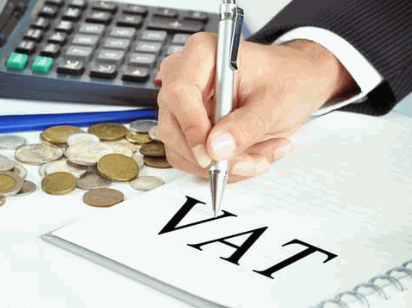
The Employer PAYE Reference Number (also known as Employer Reference Number/ERN or a Tax Office Reference Number) is provided to any business that hires employees and is set up for Pay As You Earn (PAYE).
PAYE is HMRC's system for collecting Income Tax and National Insurance from employment. Through this system, the employer is responsible for deducting a variety of payments from employee's wages or salary before it is paid to them.
As part of your payroll system, you will need to pay your employee's wages or salary. And you will also be responsible for PAYE deductions. These will include:
The PAYE reference number will usually be 10 digits long but the length can vary. The first three digits will be in reference to the tax office dealing with the company. The rest will be a combination of letters and numbers.
Employees can find their PAYE Reference number on their:
They may need their PAYE Reference number when applying for student loans or tax credits.
The employer may need the number when they are dealing with anything PAYE-related with HMRC.
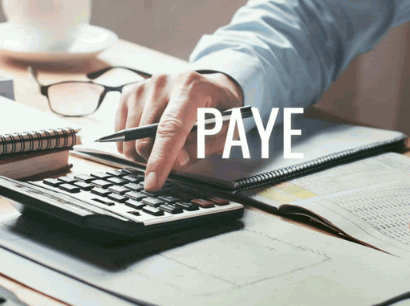
Your tax code is used by your employer or pension provider to work out how much Income Tax needs to be taken from your pay or pension. The tax code is assigned by HMRC.
Tax codes are not unique to the individual. Instead, they show the tax category that you will be in based on several personal factors. The most common tax code for people who have one job or pension is 1257L.
The numbers refer to how much tax-free personal allowance you are entitled to. For most people, this is currently £12,570. This value can change under some circumstances. For example, income that you don't pay taxes on may be included as well as company benefits.
The L in the most common tax code indicates that you are entitled to the standard tax-free personal allowance. But you may be assigned a different letter. Some examples include:
You can find your tax code by:
If you are solely self-employed, you won't have a tax code as these are related to PAYE. Your tax is dealt with through self-assessment tax returns. If, however, you have money coming in from another job or pension, you will have a tax code from that.
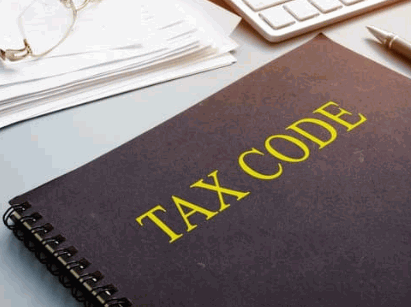
A company's Account Office Tax Reference number is not the same as their Employer PAYE Reference Number (ERN), even though they are issued by HMRC at the same time.
The Accounts Office Reference number is used by the employer when making payments to HMRC. Unlike the ERN, you won't see the Accounts Office Reference number on a payslip. It is only for use by the employer and their dealings with HMRC.
It is similar in format to an ERN but differs in some key ways.
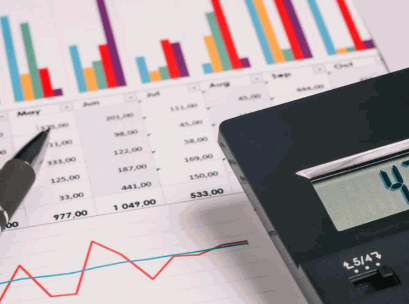
A National Insurance number (also known as NINO) is allocated to everyone three weeks before their 16th birthday. It is used in the administration of National Insurance and social security. But it is also important for tax purposes. National Insurance numbers are unique to the individual they are assigned to and stay with them for their entire life.
In terms of tax, National Insurance numbers are used as reference numbers within the PAYE system. For a self-employed individual, they might use their National Insurance number as a reference alongside their Unique Taxpayer Reference number.
You will also need a National Insurance number when opening an Individual Savings Account (ISA) as proof that you are only opening one in a given tax year.
A National Insurance Number has a specific format:

It is true that there are several different tax reference numbers, but not all of them will be relevant reference numbers for your needs. Understanding when and where different tax reference numbers are used can help you to figure out which one you are looking for.
If you are solely self-employed with no other income sources, you can ignore the majority of the tax reference numbers. You will only need to worry about:
If you also have an employer and pension provider then you will also need employer reference numbers for each of your employers and pension providers.
Dig deeper: Sole Trader Advantages And Disadvantages
If you are an employee, then you won't need a UTR number. This is only used for Self-Assessment purposes. Since your tax is paid via PAYE rather than you submitting tax returns, you don't need a taxpayer number. Instead, you will need:
If you have more than one employer, then you will have a single tax code but multiple Employer PAYE reference numbers from each employer.
If you are a company that hires employees, then you will need the following tax reference numbers:
At Prescient Accounting, we offer expert tax and accounting advice and services to individuals and businesses alike. Our team of accountants and advisors provides professional support to help your business thrive. We can help you with tax, bookkeeping, accounts, assurance, and more.
Whether you are a sole trader, a small business, or a larger company, our accounting services can help you. We manage your accounts, ensure that your tax records are accurate, provide thorough reporting, and ensure that you are receiving all deductions and exemptions that you are entitled to so that you can lower your tax burden.
If you need expert advice and support in navigating your tax affairs, get in touch with us. Our team is ready and waiting to join your business journey.

Navigating tax can place quite a burden on many small businesses. The UK tax system can be complicated and even understanding which tax reference number you need can be difficult to get to the bottom of.
Thankfully, not everyone needs to know all of the different tax reference numbers. The tax office uses different numbers for different aspects of tax. So if you are submitting your Self Assessment tax return, then you will need a different tax reference number than an employer dealing with PAYE.
In some ways, this can make things easier because it means that you can discard any tax information that isn't relevant to you. But if you need help with ensuring that you are managing all aspects of tax correctly, using all the right reference numbers, then professional accounting services can be more than worth it.
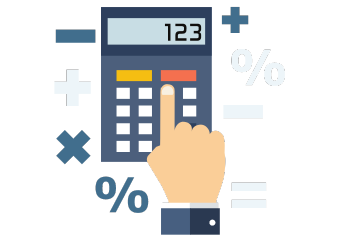
We believe that the role of the accountant is much more than dealing with pure compliance. That’s why we’re offering a free video or telephone call with one of our team of chartered accountants, to give you straightforward and open dialogue about your tax and accounting affairs.